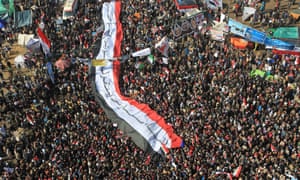http://www.nytimes.com/2015/12/04/opinion/the-thai-monarchy-and-its-money.html?ref=opinion&_r=1
By TOM FELIX JOEHNK, DEC. 3, 2015
BANGKOK — The Crown Property Bureau, which manages the Thai royal family’s properties and investments, controls assets that may amount to as much as 1.9 trillion baht, about $53 billion. It is the biggest corporate group in the country and one of the biggest landholders in the capital. It is also one of the more mysterious arms of the Thai government.
The agency was created in 1936 and remained under civilian supervision until 1948, a period of ascendancy for royalists, when control was handed to the crown. Little is known about how it spends its money. It does not make its financial statements public. Six of its seven managers are appointed by the king. Although the finance minister chairs its board, the government exercises no oversight over its operations.
The Crown Property Bureau’s annual returns today probably near $840 million (assuming its portfolio is managed according to best investment practices, with one-third held in low-risk assets such as cash, bank deposits, bonds and government securities). It holds more than 21 percent in Siam Commercial Bank, Thailand’s oldest and most influential bank, and 30 percent in Siam Cement Group, the country’s biggest industrial conglomerate. Its equity wing has a controlling stake in the luxury hotel group Kempinski and minority stakes in the Thailand-based subsidiaries of Honda and other Japanese manufacturers, as well as in domestic firms that run shopping malls, hotels, insurance businesses and fast-food chains.
By law, the Crown Property Bureau’s annual income may be disposed of “at the king’s pleasure.” Its returns are tax-exempt.

 Islamic State recruits at the so-called “Sheikh Jalaluddin training camp.” Photo:
Islamic State recruits at the so-called “Sheikh Jalaluddin training camp.” Photo:










